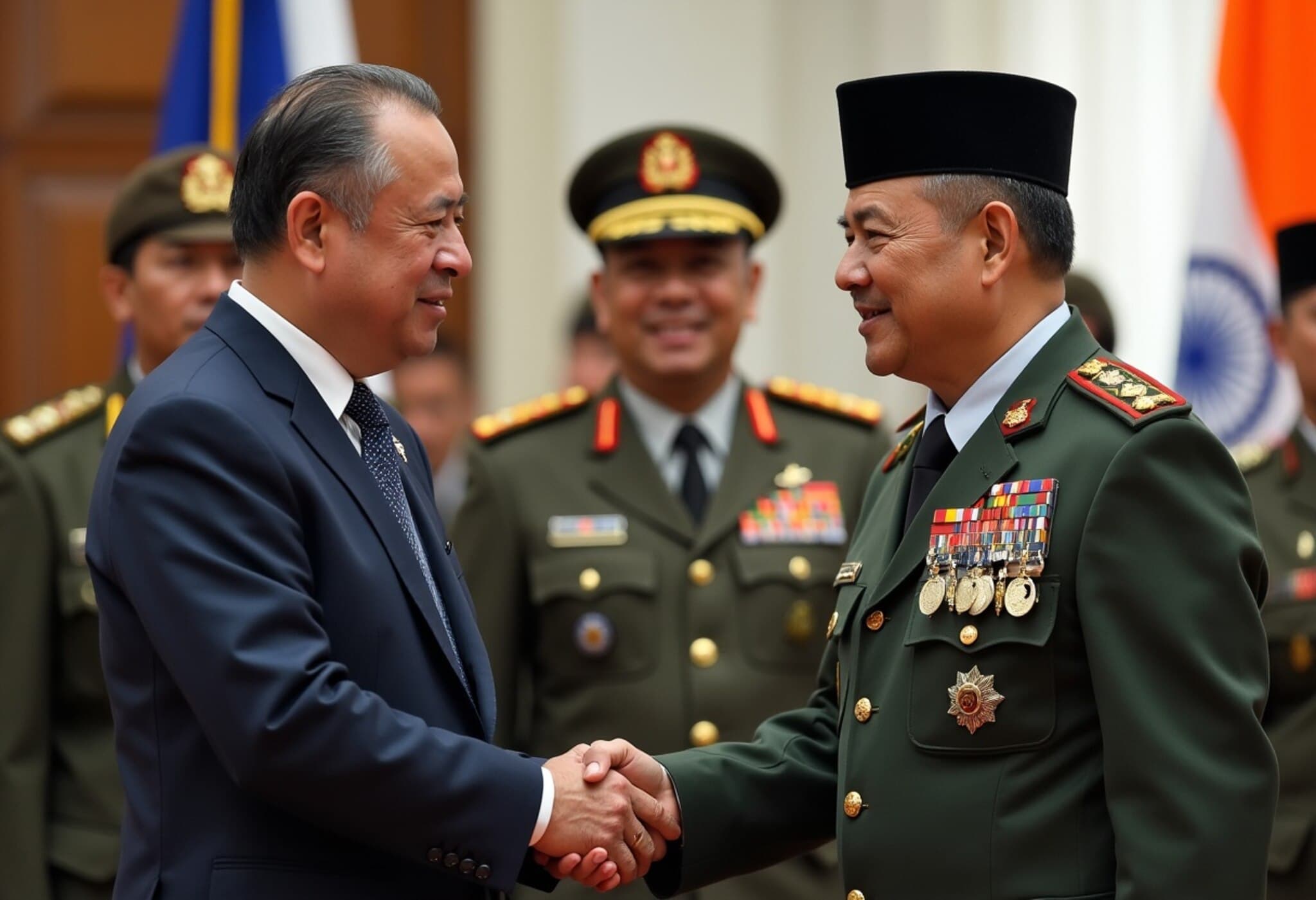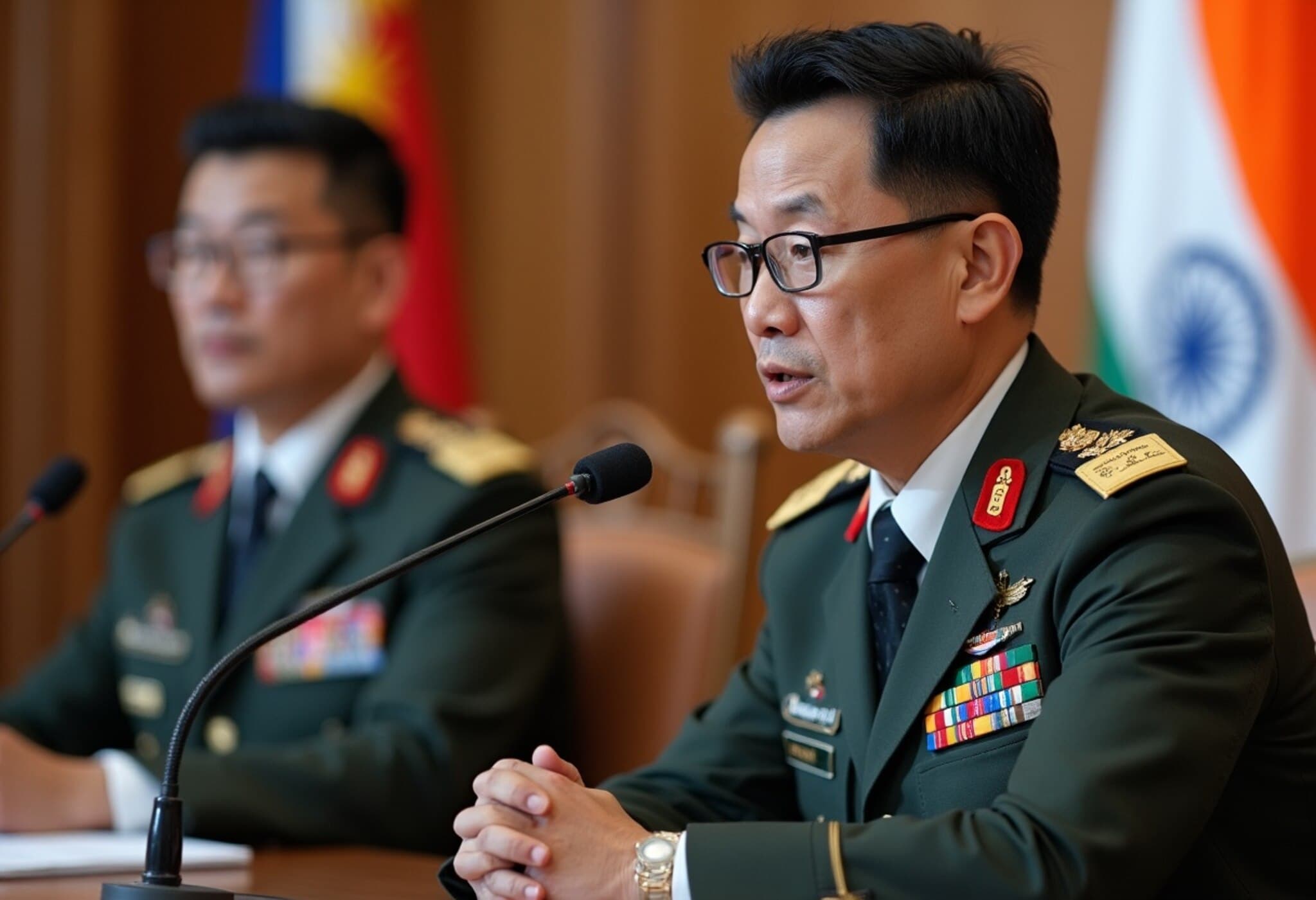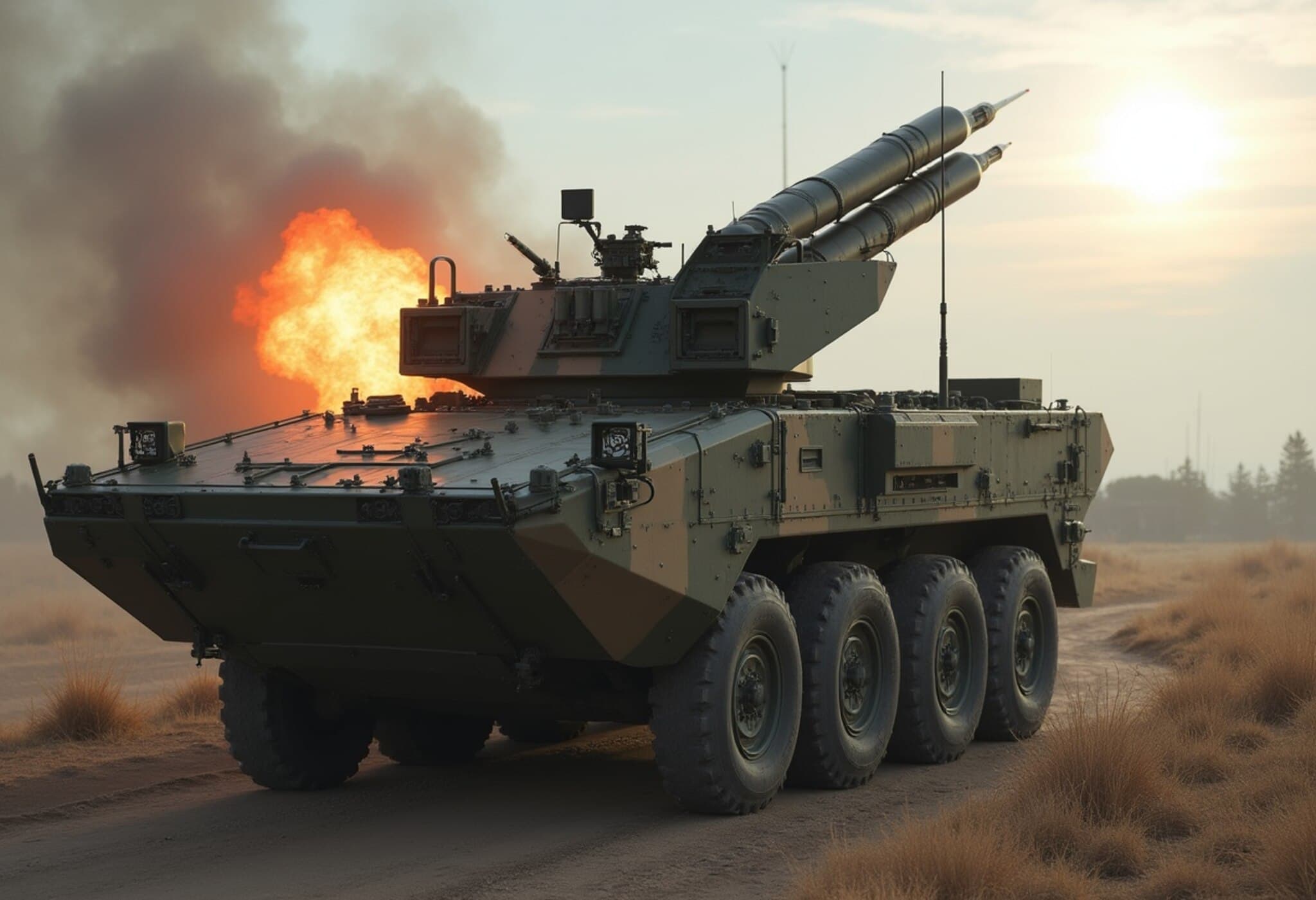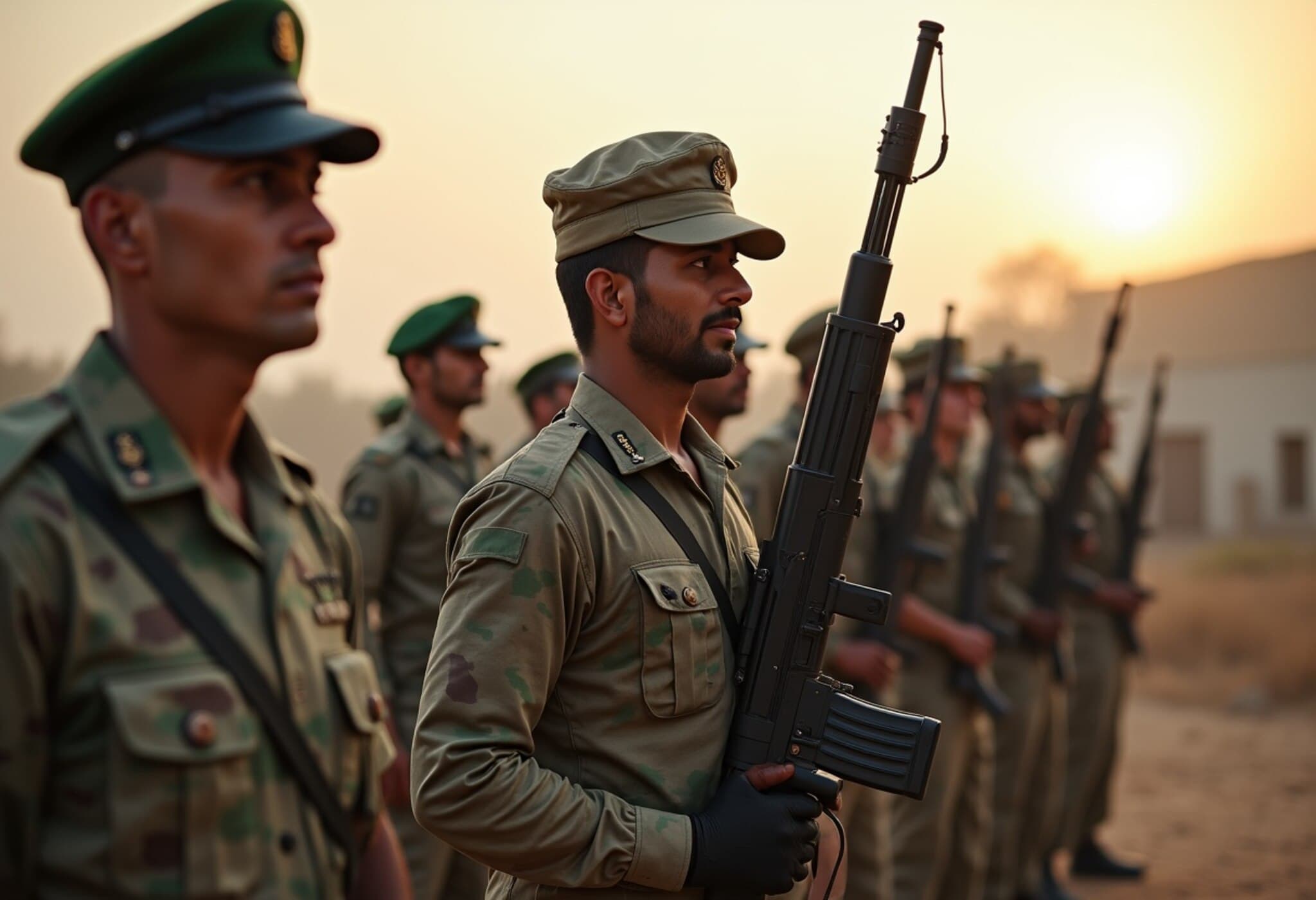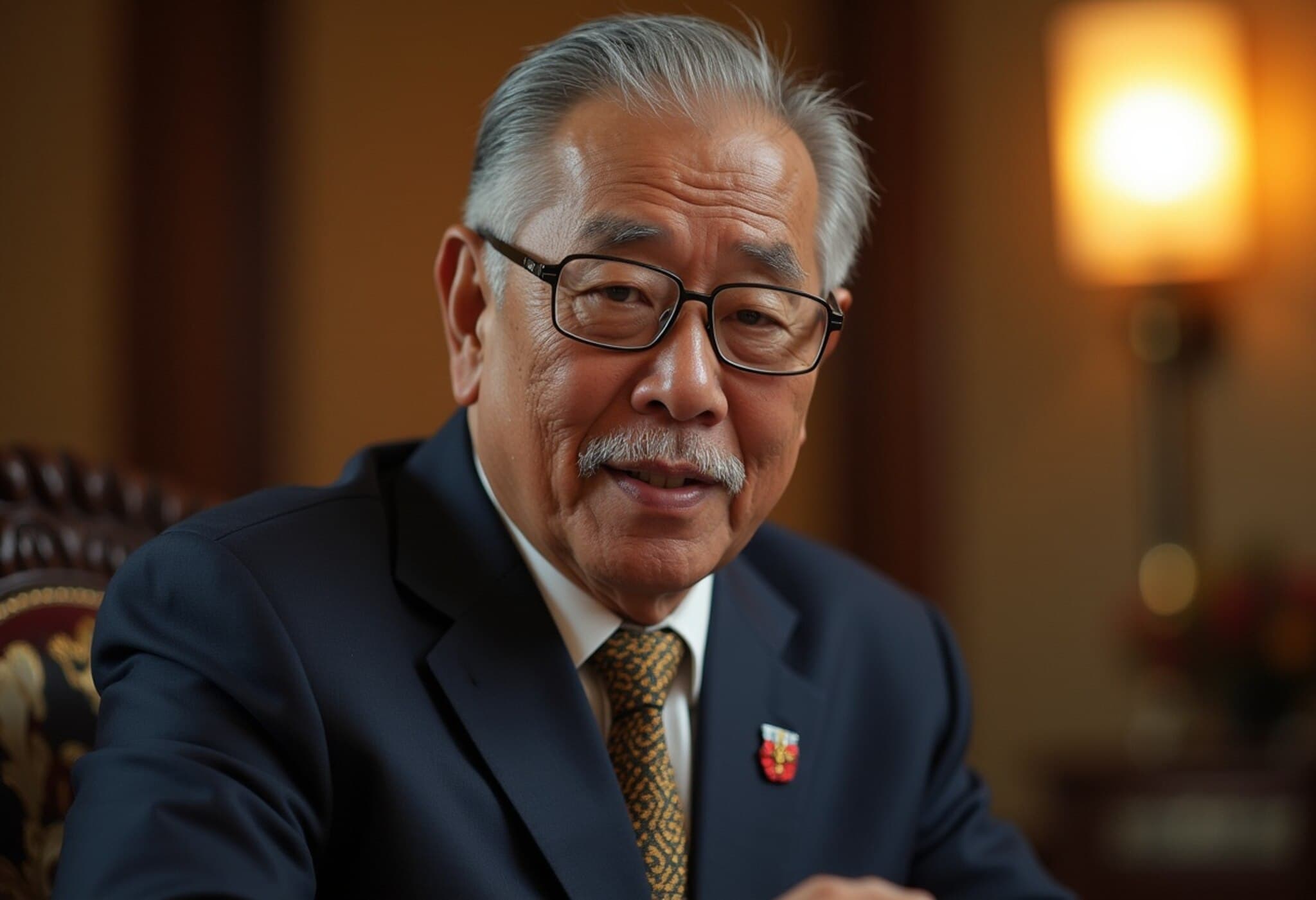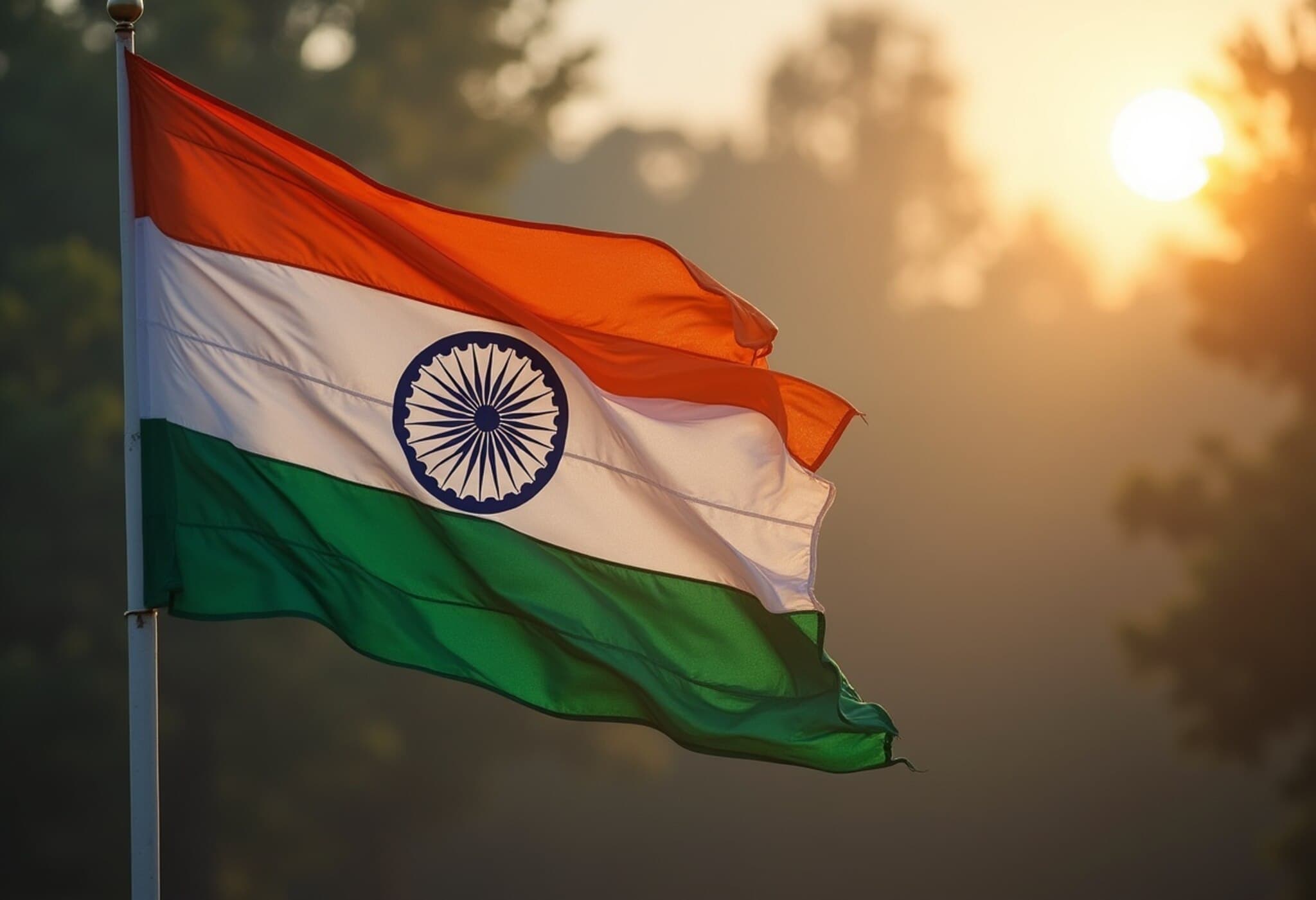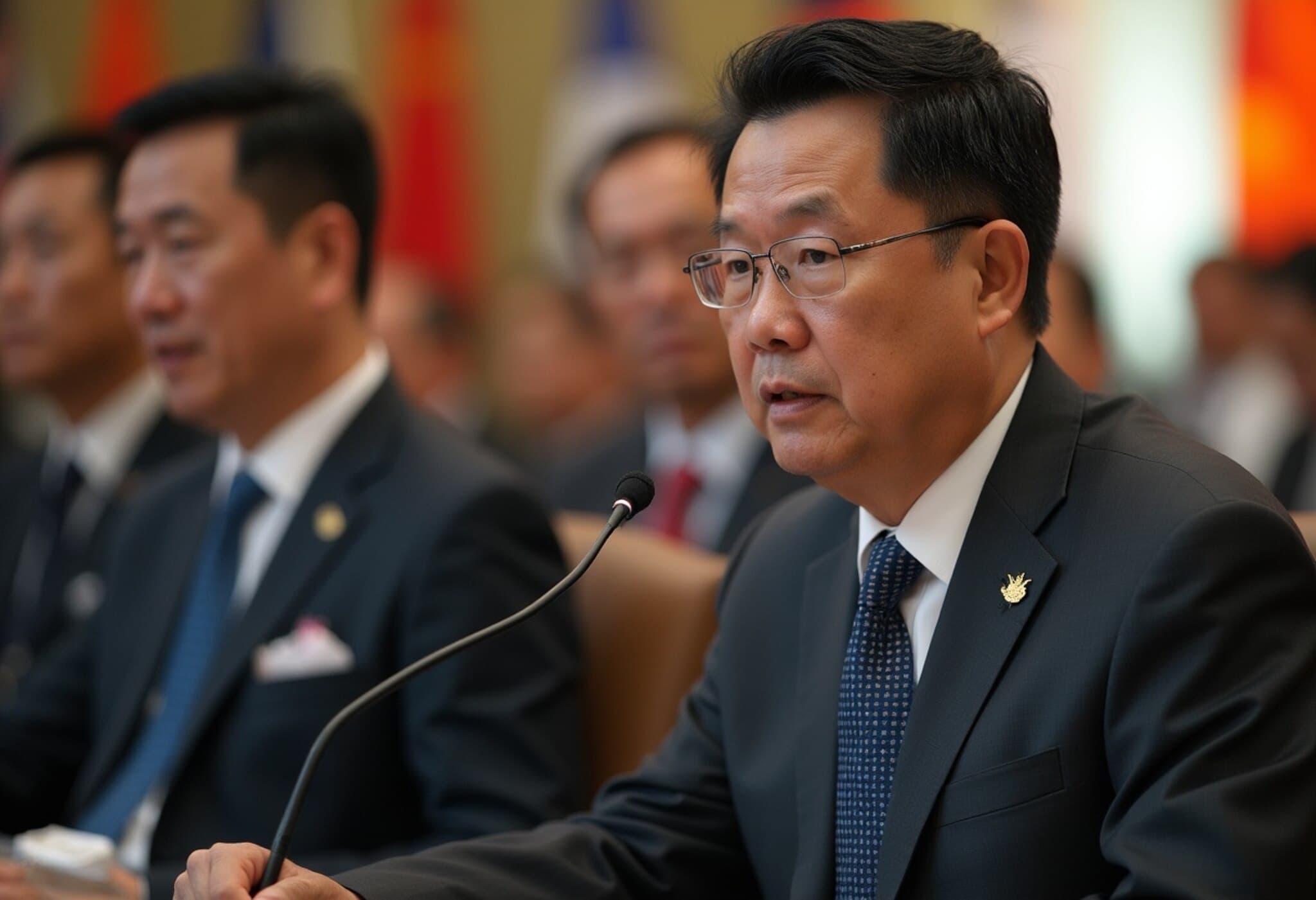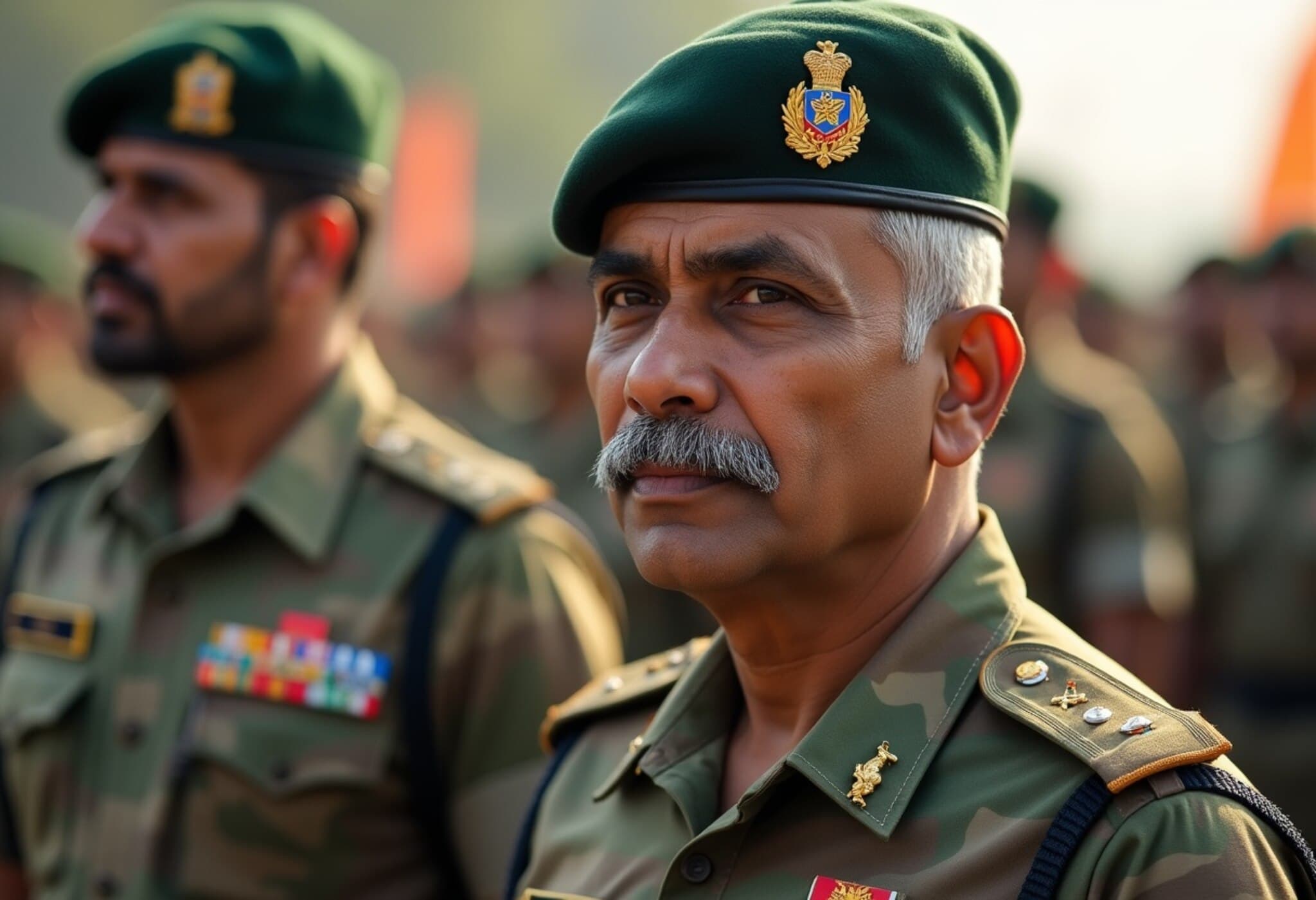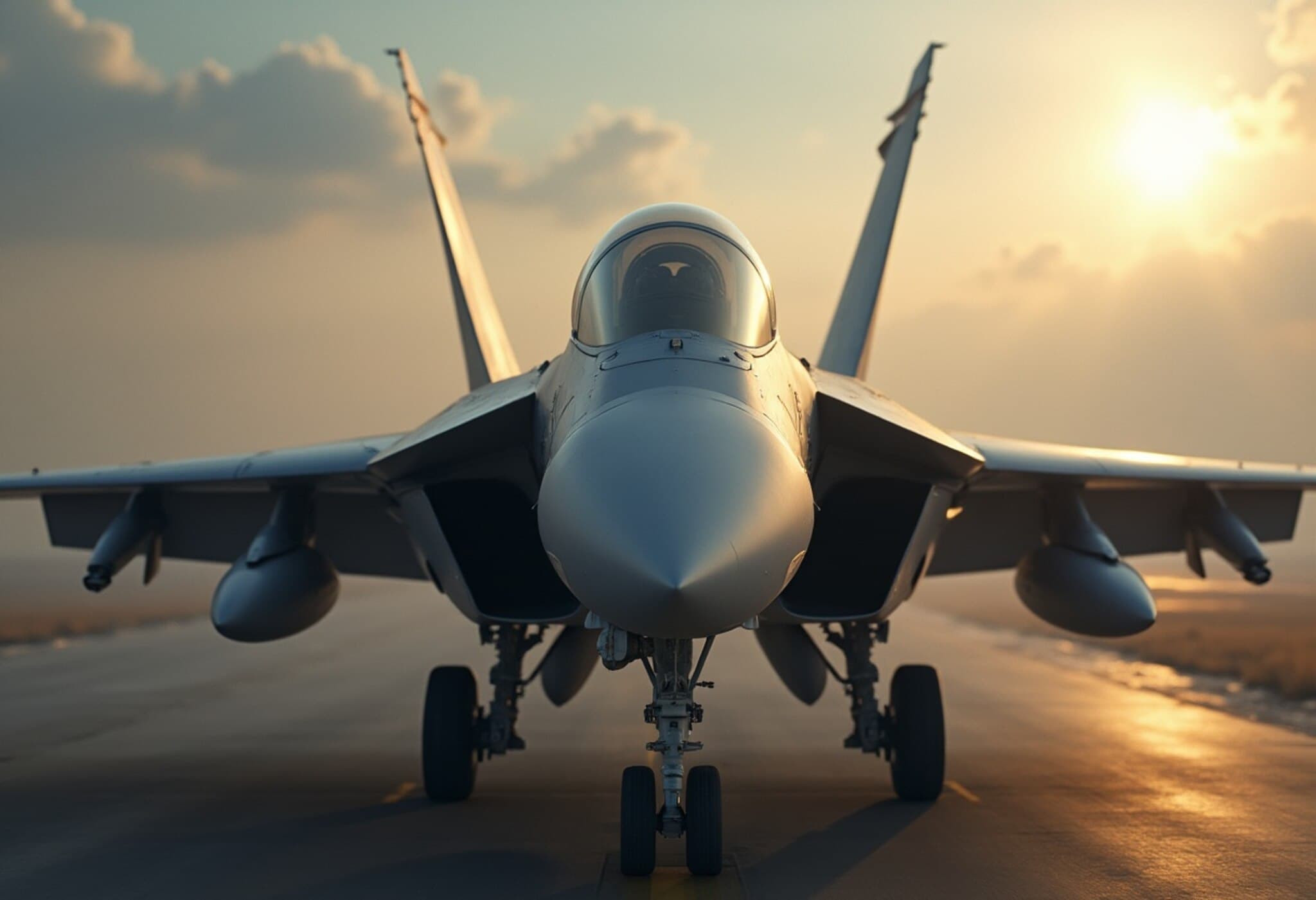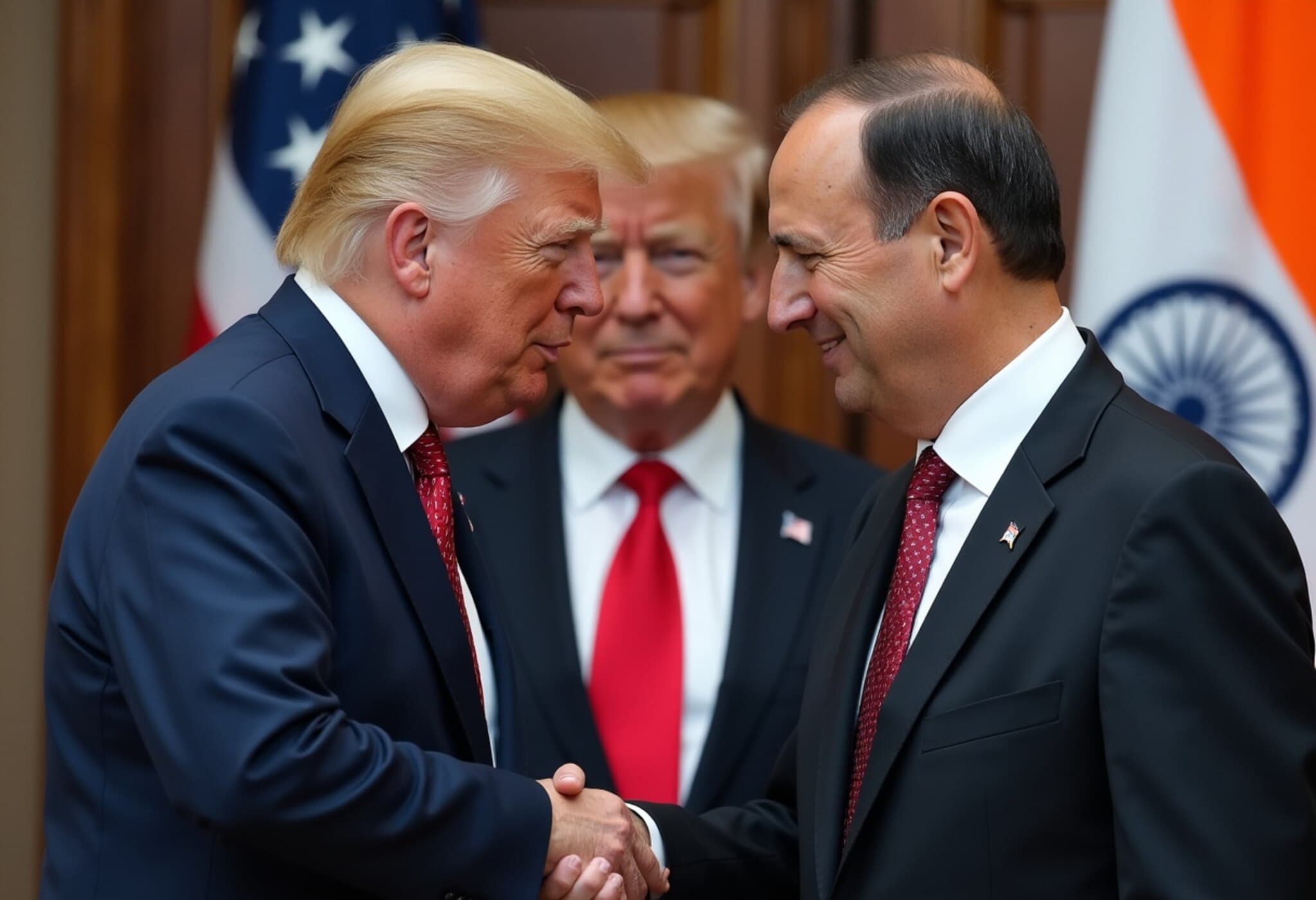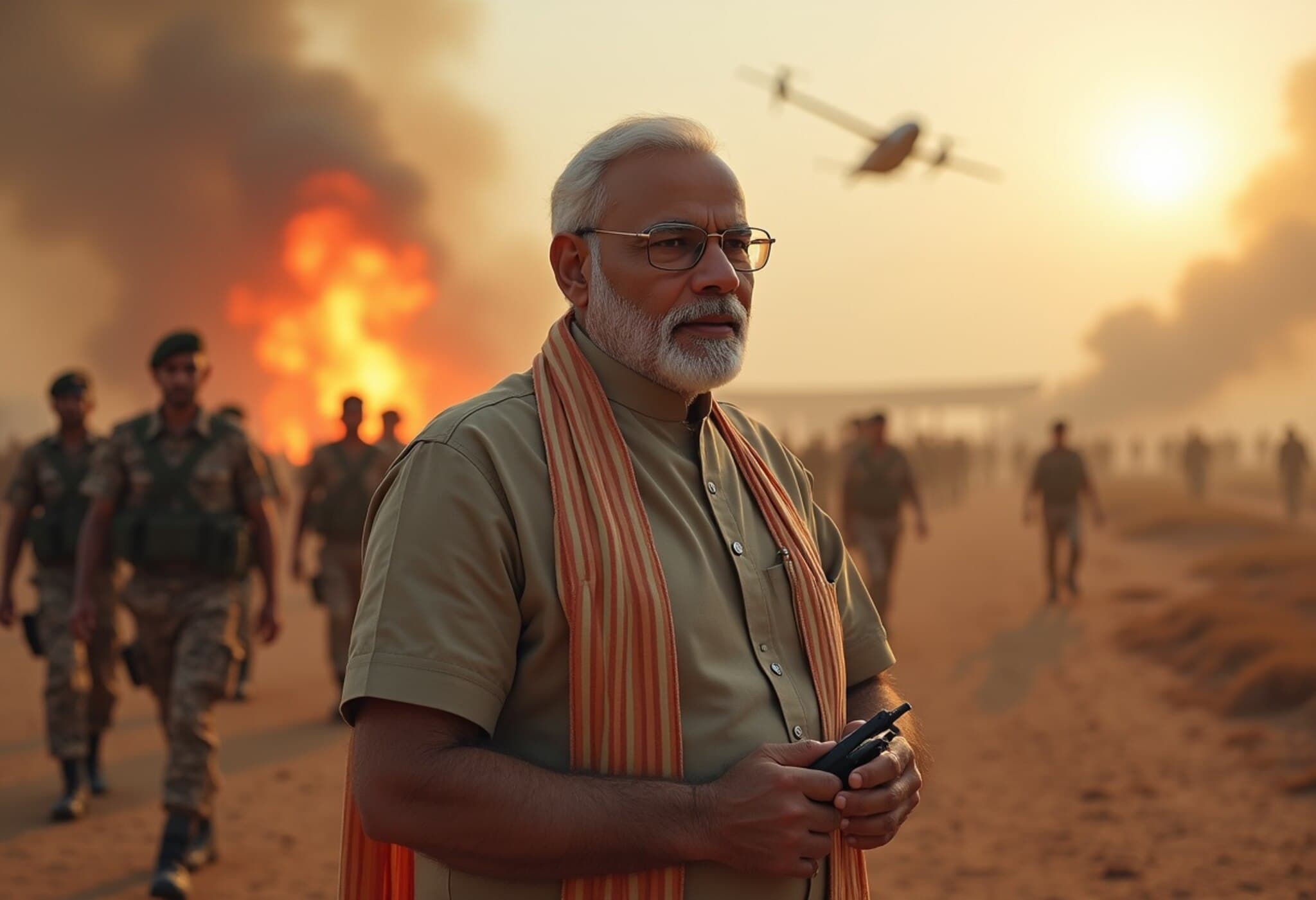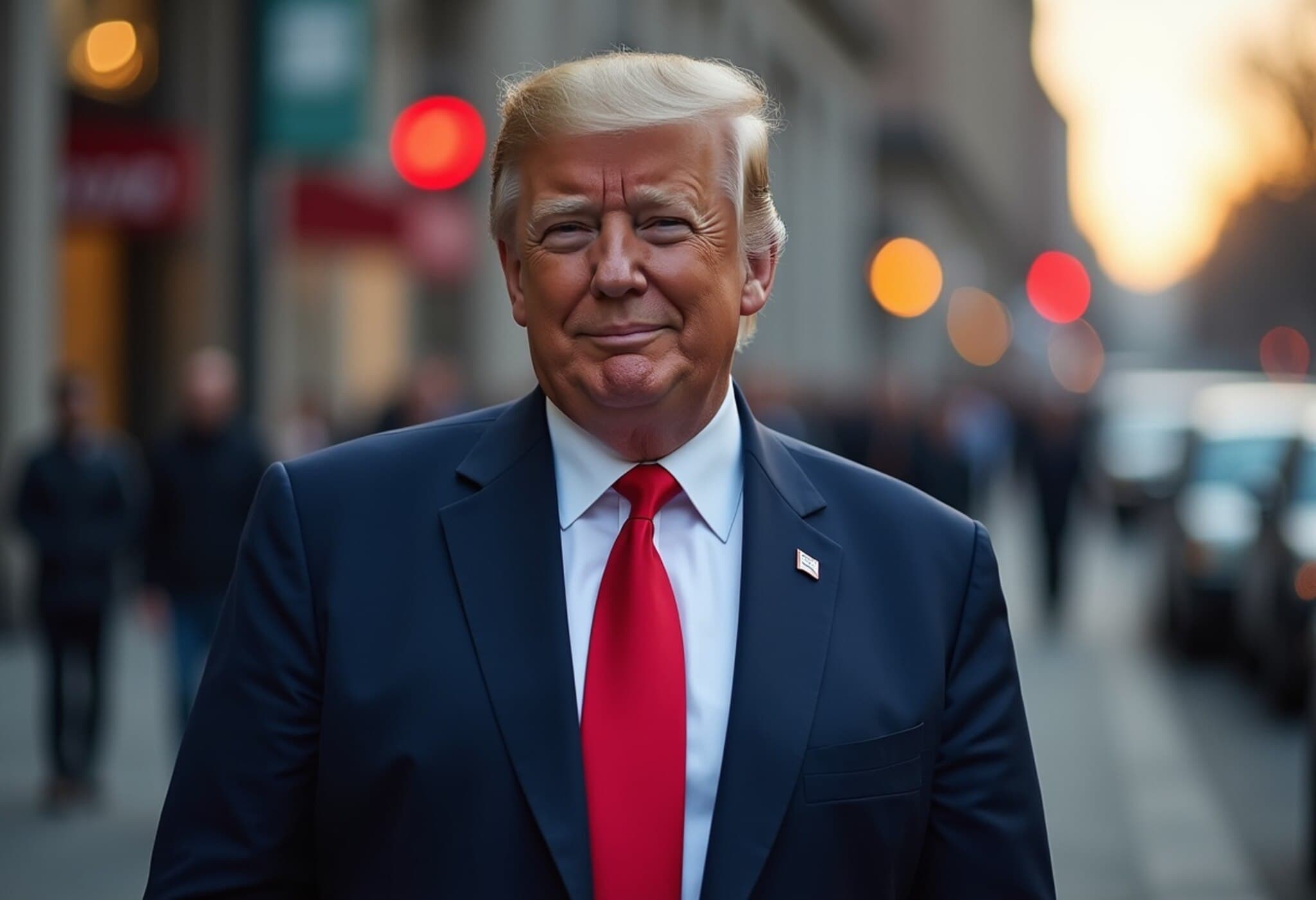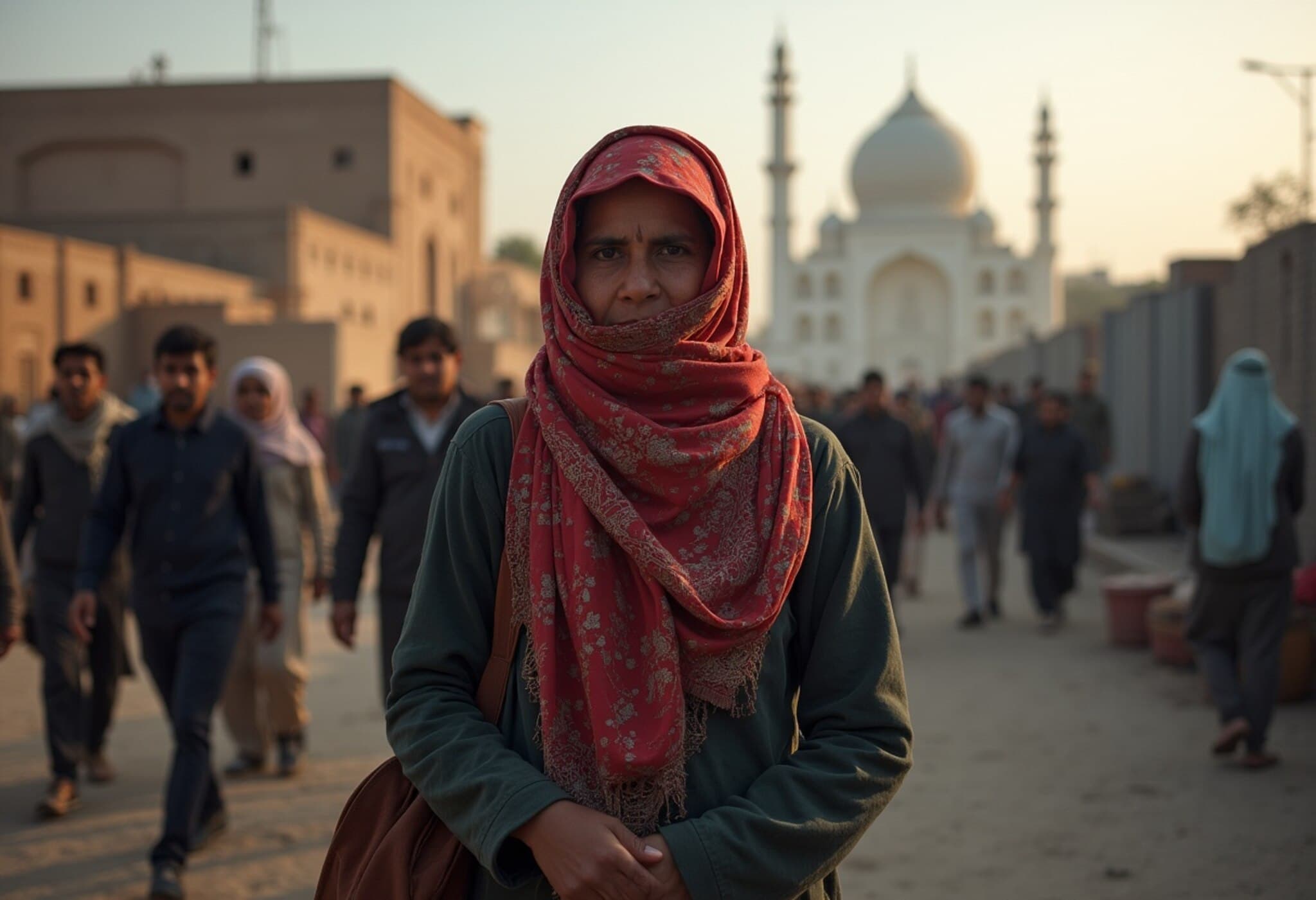Philippine President Marcos Commends India’s Operation Sindoor Amid Strengthened Defence Ties
In a significant testament to the growing strategic partnership between India and the Philippines, President Ferdinand "Bongbong" Marcos Jr has applauded India’s recent Operation Sindoor as a potent demonstration of military readiness and regional security collaboration. His remarks during an exclusive interview with Firstpost come as both nations mark 75 years of diplomatic relations, further elevating bilateral ties to a new chapter focused on enhanced defence cooperation.
Operation Sindoor: A Signal for Regional Security Cooperation
Operation Sindoor, an extensive Indian military exercise, has not only showcased the Indian Armed Forces’ preparedness but also resonated deeply with regional partners such as the Philippines. President Marcos highlighted this operation as a clear indication of the importance of forming a "like-minded coalition" geared towards safeguarding sovereignty and the integrity of global borders, especially in the volatile Indo-Pacific region.
Advancing Defence Collaboration: BrahMos and Beyond
During his ongoing visit to India, President Marcos expressed strong interest in deepening defence collaboration, including talks on procuring additional units of the BrahMos cruise missile system—a strategic asset that significantly enhances the Philippines’ defence capabilities.
He praised Prime Minister Narendra Modi as "a very impressive man" and emphasized how their discussions reflected mutual priorities in countering unilateral actions that threaten regional stability. Marcos was clear to state that while the Philippines is not gearing up for war, it is proactively addressing current security challenges through modernization and joint efforts.
Elevating Bilateral Relations: From Trade to Strategic Partnership
On August 5, India and the Philippines formally agreed to elevate their relationship to a Strategic Partnership. This milestone includes accelerating the conclusion of a Preferential Trade Agreement (PTA) aimed at bolstering mutual trade and economic integration.
- Bilateral trade between the two countries reached approximately US$3.5 billion in 2023-24, driven by sectors such as IT, health care, pharmaceuticals, textiles, infrastructure, FMCG, chemicals, automobiles, and agriculture.
- The Indian government announced the introduction of free e-visas for Filipino tourists, reciprocating the Philippines’ recent move to grant visa-free entry to Indian nationals, reflecting a shared commitment to fostering people-to-people connections.
Historical Context and the Road Ahead
The diplomatic journey between India and the Philippines began in November 1949. Today, as they celebrate 75 years of partnership, their cooperative agenda is evolving well beyond traditional diplomacy.
Experts note that the Indo-Pacific represents a strategic hotspot where cooperation between democracies like India and the Philippines is not just beneficial but imperative to counterbalance rising geopolitical complexities, including assertive maneuvers in contested maritime zones.
Expert Insight: Why This Matters for the Indo-Pacific Security Architecture
From a policy analyst’s perspective, the Philippines’ embrace of enhanced defence collaboration signals a pragmatic shift from passive alignment to active engagement in shaping regional security frameworks. The embrace of platforms like BrahMos, alongside operational synchrony reflected in joint exercises like Operation Sindoor, illustrates a proactive defense diplomacy approach aimed at deterrence through capability development.
This growing partnership aligns with broader U.S.-India-Philippines trilateral initiatives aimed at promoting a free, open, and rules-based Indo-Pacific order, where shared interests such as maritime security, counterterrorism, and humanitarian assistance converge.
Looking Forward: Strategic Questions and Regional Implications
- How might the rapidly advancing defence ties between India and the Philippines influence the broader geopolitical dynamics in Southeast Asia?
- Will the Preferential Trade Agreement steer deeper economic interdependence that complements defence cooperation?
- Could this partnership serve as a model for other regional players seeking to balance relations between major global powers?
Editor’s Note
As India and the Philippines cement their relationship amidst evolving security and economic landscapes, the fusion of military readiness with strategic diplomacy emerges as a cornerstone of regional stability. Operation Sindoor’s success not only reinforces India’s stature as a dependable defence partner but also exemplifies how like-minded nations can collaboratively counter emerging threats. For readers and policy watchers alike, the unfolding India-Philippines partnership offers a compelling glimpse into the future of Indo-Pacific security architecture and economic integration.

